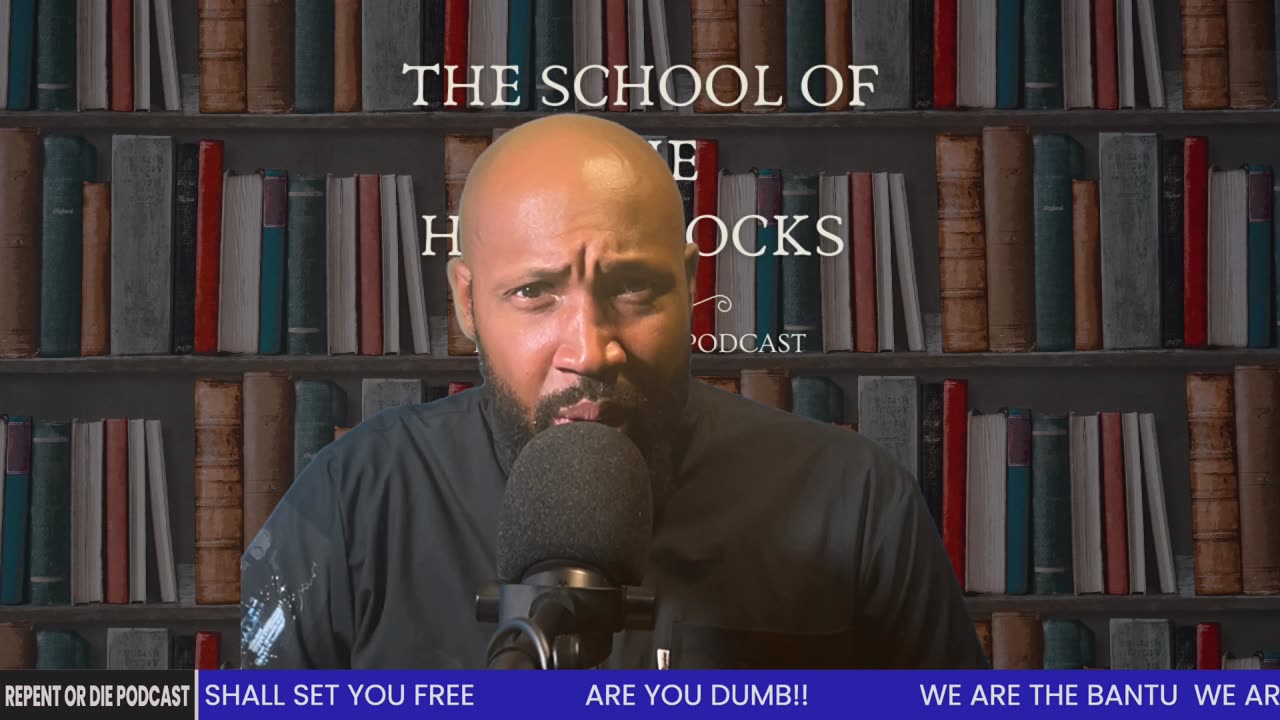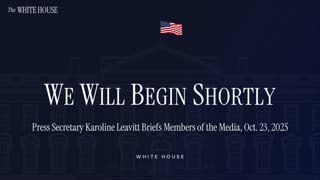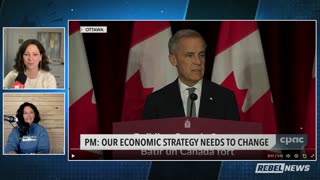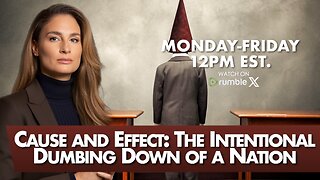Premium Only Content

💡 Revealing the Truth About African Involvement in the Slave Trade
The history of the transatlantic slave trade is a painful and complex one, and it is important to examine the role that Africans played in this trade. For too long, the narrative has been that Europeans were solely responsible for the slave trade, and that Africans were only victims. While it is true that European powers were ultimately responsible for the trade and its devastating consequences, it is also true that Africans were involved in various ways.
Africans were involved in the slave trade as both sellers and buyers of enslaved people. It is estimated that between 10 and 20 percent of the enslaved Africans who were transported across the Atlantic were captured by African traders and sold to European slave traders. The trade in enslaved people was already an established practice in many parts of Africa before Europeans arrived on the continent, and Europeans were often reliant on African middlemen to obtain enslaved people.
While it is important to acknowledge the role that Africans played in the slave trade, it is equally important to understand the context in which this involvement occurred. Enslavement was a common practice in many African societies, but it was not based on race. Enslaved people were often captives of war or criminals, and they had a chance to gain their freedom and assimilate into their captors' society. The transatlantic slave trade, on the other hand, was based on race and the dehumanization of black people.
It is also important to note that African resistance to the slave trade was widespread and ongoing. Many African societies actively resisted the trade and fought against European powers to maintain their sovereignty and autonomy. The resistance took various forms, including armed struggle, diplomatic negotiations, and the establishment of alternative trading networks.
In conclusion, the involvement of Africans in the transatlantic slave trade is a complex and often overlooked aspect of this history. While it is important to acknowledge this involvement, it is equally important to understand the context in which it occurred and to recognize the ongoing resistance to the trade by Africans. By telling a more complete and nuanced history of the transatlantic slave trade, we can better understand its impact on the world today and work towards a more just and equitable future.
-
 11:54
11:54
REPENTORDIEPODCAST
2 months agoIs Pepe Orsini the Secret Ruler of the World? | The Truth About the Grey Pope
921 -
 LIVE
LIVE
MattMorseTV
1 hour ago🔴White House Press Conference EMERGENCY. 🔴
1,642 watching -
 LIVE
LIVE
The White House
1 hour agoPress Secretary Karoline Leavitt Briefs Members of the Media, Oct. 23, 2025
779 watching -
 1:00:16
1:00:16
Timcast
1 hour agoTHE MOB IS BACK, FBI Busts MASSIVE Sports Betting Racket
42.6K9 -
 LIVE
LIVE
Sean Unpaved
1 hour agoHoops & Handcuffs: FBI's Mafia Takedown in NBA Betting Scandal
73 watching -
 LIVE
LIVE
Side Scrollers Podcast
55 minutes ago🔴FIRST EVER RUMBLE SUB-A-THON🔴DAY 4🔴WAKE YOUR ASS UP!
907 watching -
 LIVE
LIVE
Rebel News
42 minutes agoCarney's lacklustre speech, Libs partner with China, How many illegals in Canada? | Rebel Roundup
243 watching -
 41:55
41:55
The Rubin Report
2 hours agoListen to ‘The View’ Crowd Gasp as Whoopi Lies to Their Faces
62.8K33 -
 LIVE
LIVE
The Mel K Show
2 hours agoMORNINGS WITH MEL K - Cause and Effect: The Intentional Dumbing Down of a Nation - 10-23-25
760 watching -
 LIVE
LIVE
ReAnimateHer
1 day agoFIRST Live Stream Rusty Hookin
28 watching